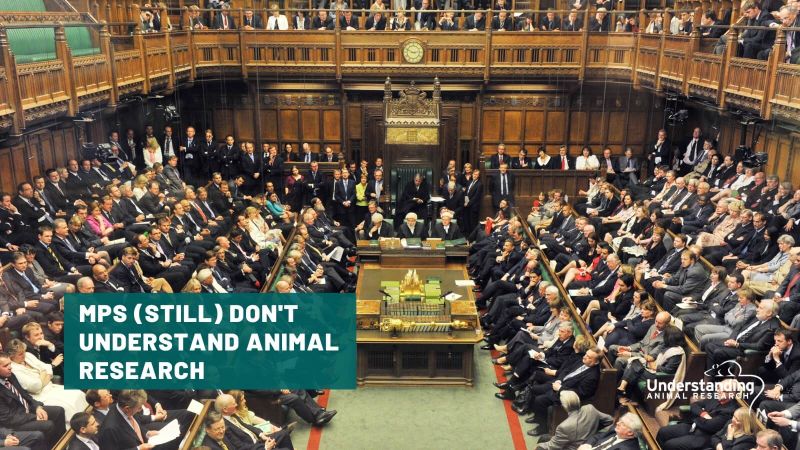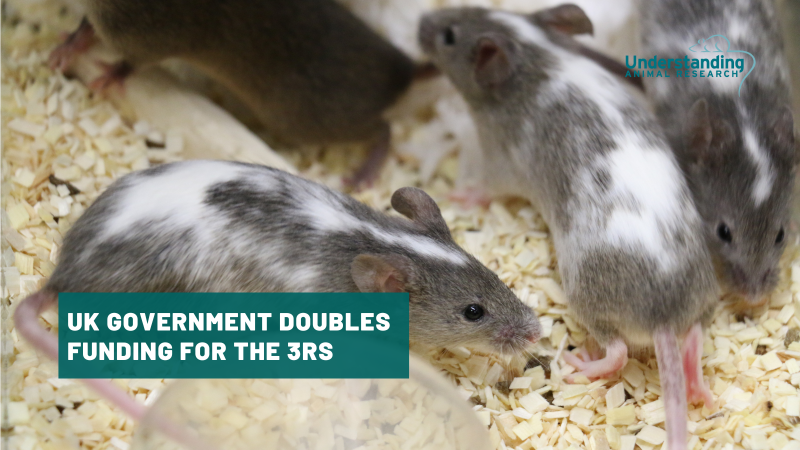Text to go here...
Weighing up the cost to animals and the potential benefit of any particular research program is no simple task. However, it is essential that people making this judgment consider long-term, as well as short-term, benefits. It is also important that the decision is guided by clear, well-defined legislation. Regrettably, this is not always the case.
Last week the Swiss Supreme Court banned scientists from continuing their research on macaque monkeys. This decision was not informed by any particular issue of animal welfare or even on scientific grounds. It was based on a local law stating that people must consider ‘the dignity of creation' when handling animals. Setting a precedent, project licensing issues reached the highest court in the land after objections were raised that the researchers would be breaking the law designed to protect the ‘dignity' of animals, plants and other organisms. So what exactly does this mean? Well, we're not exactly sure, and the reasoning behind the tribunal's decision is yet to be released. It is clear though, that this legislation is preventing vital basic medical research. Kevan Martin, Deputy Head of the Federal Institute of Technology, described the court's decision as a deadly blow to neuroscience.
In addition to this issue of dignity, the research was deemed too fundamental, too far from application that is, to be carried out on monkeys. In Switzerland the practical applications of animal research should be documented during the lifetime of the project license, three years in this case. Frequently this level of insight is simply unavailable for fundamental research, although it is exactly this kind of work that provides a platform for future novel treatments.
It takes time, and often considerably more than three years, to generate practical applications from basic research. For example, decades of research went into developing deep brain stimulation which is now an effective treatment for Parkinson's disease. But despite this and other advances, we are still a long way from understanding the processes that cause many neurological and psychiatric diseases. Research in monkeys is one of the few ways in which scientists can learn about these diseases, given their similarity with humans.
Whilst Switzerland is renowned for its world-class science, this obscure law leaves it at a competitive disadvantage when it comes to animal research. Research has been restricted to the extent that some scientists are now leaving the country altogether and continuing their work elsewhere.
Coinciding with the European Union's revisions to the Directive that will govern future animal research, this situation is a timely reminder of the impact of vague and ill-conceived legislation. At best it leads to increased paper-work and delays in research. At worst it prevents research entirely, driving the work out of that country or even outside Europe, to countries where standards of animal welfare are often much lower.
This case also demonstrates the impact of local laws on a country's research base. The British government will soon be translating the European Directive into UK law. We hope that decision makers avoid embellishing, or ‘gold-plating', the directive. Unnecessary bureaucracy does not increase animal welfare, but would leave UK science at a distinct competitive disadvantage.
Last edited: 11 January 2022 09:02



